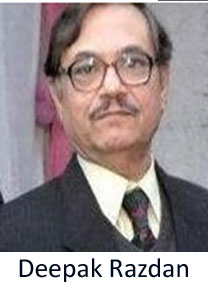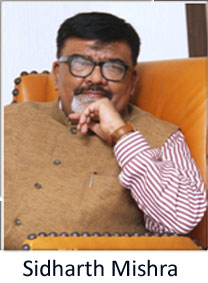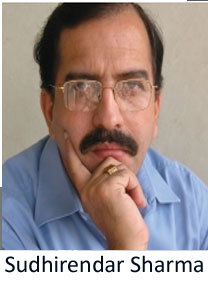As crime continues to grow, and criminals turn tech-savvy, police investigators across States face a tough challenge to bring the law-breakers to justice. The situation is, however, undergoing a revolutionary change. The Digital Police Portal launched by the Government of India as part of the Crime and Criminal Tracking Network and Systems (CCTNS), in August this year, will not only help police sleuths track the criminals fast, but also help the victims seek redress online.
The total IPC crimes in the country increased from 28.51 lakh in 2014 to 29.49 lakh 2015. According to the Union Home Ministry’s latest annual report (2016-17), the share of IPC crimes to total cognizable crimes in percentage terms was 37.2 per cent in 2011, and it increased to 40.3 per cent in 2015. The crime rate, which shows the number of crimes per one lakh population, too increased from 497.9 in 2012 to 581.8 in 2015.




